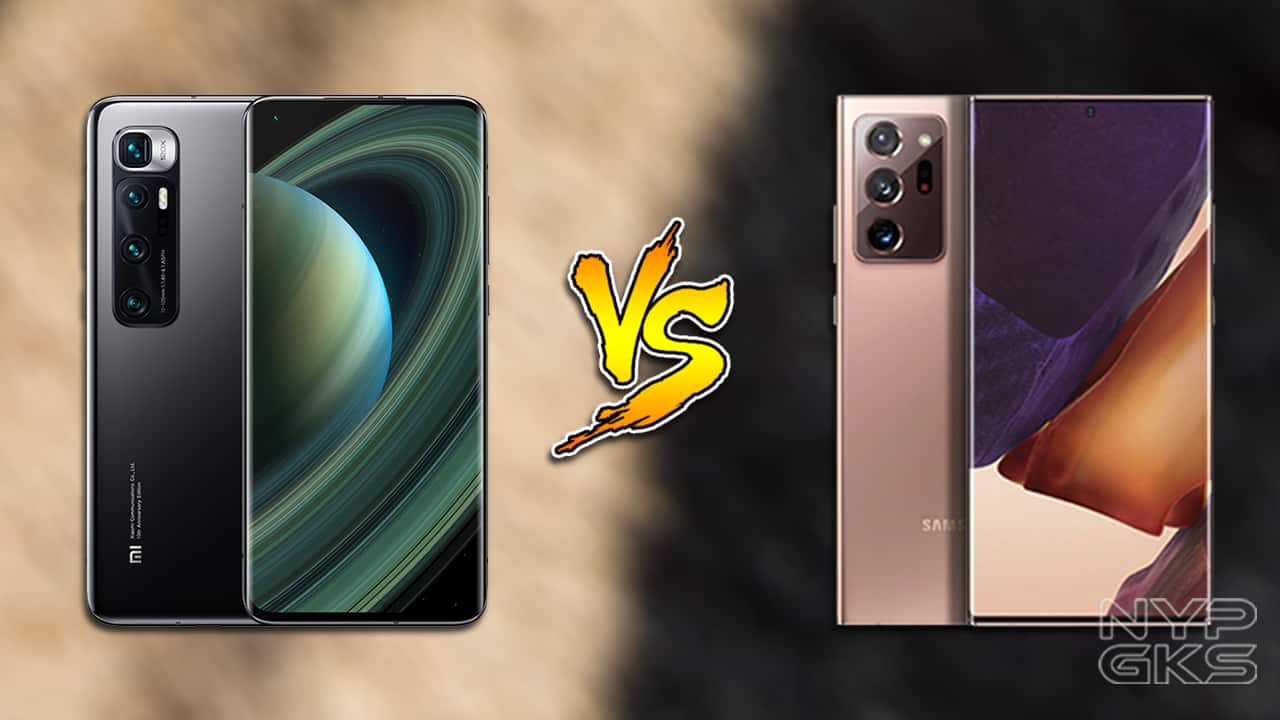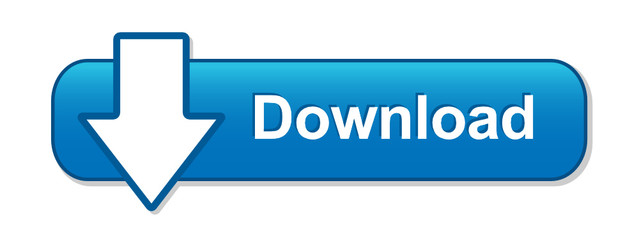In this document
See also
When Android uses this protocol, it appears to the computer as a 'media device.' The media transfer protocol was widely promoted as a standardized protocol for transferring audio files to digital music players using Windows Media Player and similar applications.
Key classes
This document describes the media codec, container, and network protocol support provided by the Android platform.
As an application developer, you are free to make use of any media codec that is available on any Android-powered device, including those provided by the Android platform and those that are device-specific. However, it is a best practice to use media encoding profiles that are device-agnostic.
Network Protocols
The following network protocols are supported for audio and video playback:
- Welcome to Android Flash Tool You can use this tool to install Android builds on your devices. This tool allows you to flash Android onto recent Pixel phones and some Android development devices (view full list) and requires 10GB of available storage on your computer. This tool doesn't support flashing Android onto tablets or Chrome OS devices.
- Android 5.0 was released in 2014, so odds are your phone or tablet is running a newer version of Android. You can check by opening the Settings app and going to About phone and looking for Android.
- RTSP (RTP, SDP)
- HTTP/HTTPS progressive streaming
- HTTP/HTTPS live streaming draft protocol:
- MPEG-2 TS media files only
- Protocol version 3 (Android 4.0 and above)
- Protocol version 2 (Android 3.x)
- Not supported before Android 3.0
Note: HTTPS is not supported before Android 3.1. Mkv music videos.
Core Media Formats
The table below describes the media format support built into the Android platform. Note that any given mobile device may provide support for additional formats or file types not listed in the table.
Note: Media codecs that are not guaranteed to be available on all Android platform versions are accordingly noted in parentheses—for example '(Android 3.0+)'.
An pdf 4 1 download free. Table 1. Core media format and codec support.
video recording profiles can be used as a proxy for media playback capabilities. These profiles can be inspected using theCamcorderProfile class, which is available since API level 8.Table 2. Examples of supported video encoding parameters.
| Type | Format / Codec | Encoder | Decoder | Details | Supported File Type(s) / Container Formats | |
|---|---|---|---|---|---|---|
| Audio | AAC LC | • | • | Support for mono/stereo/5.0/5.1content with standard sampling rates from 8 to 48 kHz. | • 3GPP (.3gp) • MPEG-4 (.mp4, .m4a) • ADTS raw AAC (.aac, decode in Android 3.1+, encode in Android 4.0+, ADIF not supported) • MPEG-TS (.ts, not seekable, Android 3.0+) | |
| HE-AACv1 (AAC+) | • (Android 4.1+) | • | ||||
| HE-AACv2 (enhanced AAC+) | • | Support for stereo/5.0/5.1content with standard sampling rates from 8 to 48 kHz. | ||||
| AAC ELD (enhanced low delay AAC) | • (Android 4.1+) | • (Android 4.1+) | Support for mono/stereo contentwith standard sampling rates from 16 to 48 kHz | |||
| AMR-NB | • | • | 4.75 to 12.2 kbps sampled @ 8kHz | 3GPP (.3gp) | ||
| AMR-WB | • | • | 9 rates from 6.60 kbit/s to 23.85 kbit/s sampled @ 16kHz | 3GPP (.3gp) | ||
| FLAC | Image | JPEG | • | • | Base+progressive | JPEG (.jpg) |
| GIF | • | GIF (.gif) | ||||
| PNG | • | • | PNG (.png) | |||
| BMP | • | BMP (.bmp) | ||||
| WEBP | • (Android 4.0+) | WebP (.webp) | ||||
| Video | H.263 | • | • | • 3GPP (.3gp) • MPEG-4 (.mp4) | ||
| H.264 AVC | • | Baseline Profile (BP) | • 3GPP (.3gp) • MPEG-4 (.mp4) • MPEG-TS (.ts, AAC audio only, not seekable, Android 3.0+) | |||
| MPEG-4 SP | • | 3GPP (.3gp) | ||||
| VP8 |
| SD (Low quality) | SD (High quality) | HD (Not available on all devices) | |
|---|---|---|---|
| Video codec | H.264 Baseline Profile | H.264 Baseline Profile | H.264 Baseline Profile |
| Video resolution | 176 x 144 px | 480 x 360 px | 1280 x 720 px |
| Video frame rate | 12 fps | 30 fps | 30 fps |
| Video bitrate | 56 Kbps | 500 Kbps | 2 Mbps |
| Audio codec | AAC-LC | AAC-LC | AAC-LC |
| Audio channels | 1 (mono) | 2 (stereo) | 2 (stereo) |
| Audio bitrate | 24 Kbps | 128 Kbps | 192 Kbps |
Mac lip shades. For video content that is streamed over HTTP or RTSP, there are additional requirements:
- For 3GPP and MPEG-4 containers, the
moovatom must precede anymdatatoms, but must succeed theftypatom. - For 3GPP, MPEG-4, and WebM containers, audio and video samples corresponding to the same time offset may be no more than 500 KB apart. To minimize this audio/video drift, consider interleaving audio and video in smaller chunk sizes.
Our smartphones are quickly becoming the center of our media experience. We use them to watch videos, listen to music, view images, and all kinds of other stuff. You can turn any Android device into a media center with a variety of available apps. However, this functionality simply as popular as it used to be. Many hardware devices emulate the experience well enough and aren't really customizable much. Still, there are a few hold-outs and there are still a few apps for those people. Here are the best media center apps for Android.
- Bonus: Home streaming devices
Read more:
Google Home
Media Devices Windows 10
Price: Free https://gmjqqy.over-blog.com/2021/01/bluestacks-exe-download-for-pc.html.
Google Home is an excellent series of home devices. It sits on your countertop and plugs into your TV. It then streams whatever you want. The basic setup requires a Chromecast and your phone. However, you can build out with Google Home devices if you want to. The app keeps everything connected and shows you content on Chromecast-ready video and music apps. It's a bit expensive to get into with the hardware. However, this is currently the best solution for a smart home style media setup and it's the one we would recommend first if you plan on going that route. The Google Home app is free. The Chromecast and Google Home devices will cost you some money.
Connect As Media Device Android

Jellyfin
Windows Media Player For Android
Price: Free
Jellyfin is a newer competitor to apps like Plex. It's a media server app that connects your phone to your home PC. Basically, you store all of your media on your computer and this app lets you access that data on your phone. This one is free, open source, and doesn't track anything you do. That gives it a leg up on many competitors. The app supports Chromecast as well as native viewing on your Android phone. Additionally, the server isn't difficult to setup on your home PC.
Kodi
Price: Free
Kodi (formerly XBMC) is one of the few true media center apps in Google Play. It gives the entire home screen a new interface that makes it easier to access video, music, and photos. There are also plugins that you can use to find additional content. You'll likely want to use this on a larger screen like a tablet or perhaps an Android device that is plugged into your TV via HDMI-out. It's completely free to download and use. Additionally, it's open source. That means there are some variants of Kodi out there by other developers that do slightly different things. Update from mavericks to yosemite. You can search Google Play for Kodi to see all of the unofficial branches and variants available, such as SBMC.
How to install and use Kodi on Android

Jellyfin
Windows Media Player For Android
Price: Free
Jellyfin is a newer competitor to apps like Plex. It's a media server app that connects your phone to your home PC. Basically, you store all of your media on your computer and this app lets you access that data on your phone. This one is free, open source, and doesn't track anything you do. That gives it a leg up on many competitors. The app supports Chromecast as well as native viewing on your Android phone. Additionally, the server isn't difficult to setup on your home PC.
Kodi
Price: Free
Kodi (formerly XBMC) is one of the few true media center apps in Google Play. It gives the entire home screen a new interface that makes it easier to access video, music, and photos. There are also plugins that you can use to find additional content. You'll likely want to use this on a larger screen like a tablet or perhaps an Android device that is plugged into your TV via HDMI-out. It's completely free to download and use. Additionally, it's open source. That means there are some variants of Kodi out there by other developers that do slightly different things. Update from mavericks to yosemite. You can search Google Play for Kodi to see all of the unofficial branches and variants available, such as SBMC.
How to install and use Kodi on Android
LocalCast
Price: Free with in-app purchases
LocalCast is an app that was originally intended as a streaming app for Chromecasts. It also supports streaming to any DLNA devices that are running on your network. It can stream almost any file, but whether or not it works on your Chromecast depends on its compatibility. Additional features include SMB support, the ability to cast PDFs onto the screen, and some types of subtitles will work as well. It's a bit more simple than other media center apps, but it's not a bad way to go if you need something simple. There are both subscription and single price purchases available. Go with the one you want. BubbleUPnP is another decent app that does mostly the same kind of stuff if this one just isn't doing it.
Plex
Price: Free / $4.99 / $4.99 per month / $149.99
Plex is one of the most popular media center apps out there. The app lets you to access your Plex server on your Android device. That means you'll have to install the Plex server on your own computer so that you can stream from it. Don't worry, it's not difficult. You can also subscribe to Plex Pass for additional streaming features. It's a rock solid app that includes modern features like Android TV support. It even supports VR headsets via a separate app. It's pretty decent and a good place to start. You will have to either subscribe to Plex Pass or make a one-time purchase to unlock all the features. Thankfully, you have some options there, including both single purchases or recurring subscriptions.
Various streaming services
Price: Free apps / Hardware costs money
Media center apps are a bit of a dying art. These days, more and more media center devices are coming out. That includes Roku, Amazon streaming sticks, and the aforementioned Google streaming solutions. That also includes Android TV, WebOS (on LG TVs), Tizen (on Samsung TVs), and others. They all usually have the same core streaming services along with native apps to play local files via a flash drive. Your best bet is to find something like this and upgrade over time. It's worth noting that Kodi is compatible with most of these types of devices as well.
Read more:
If we missed any of the best media center apps for Android, tell us about them in the comments! You can also click here to check out our latest Android app and game lists!
